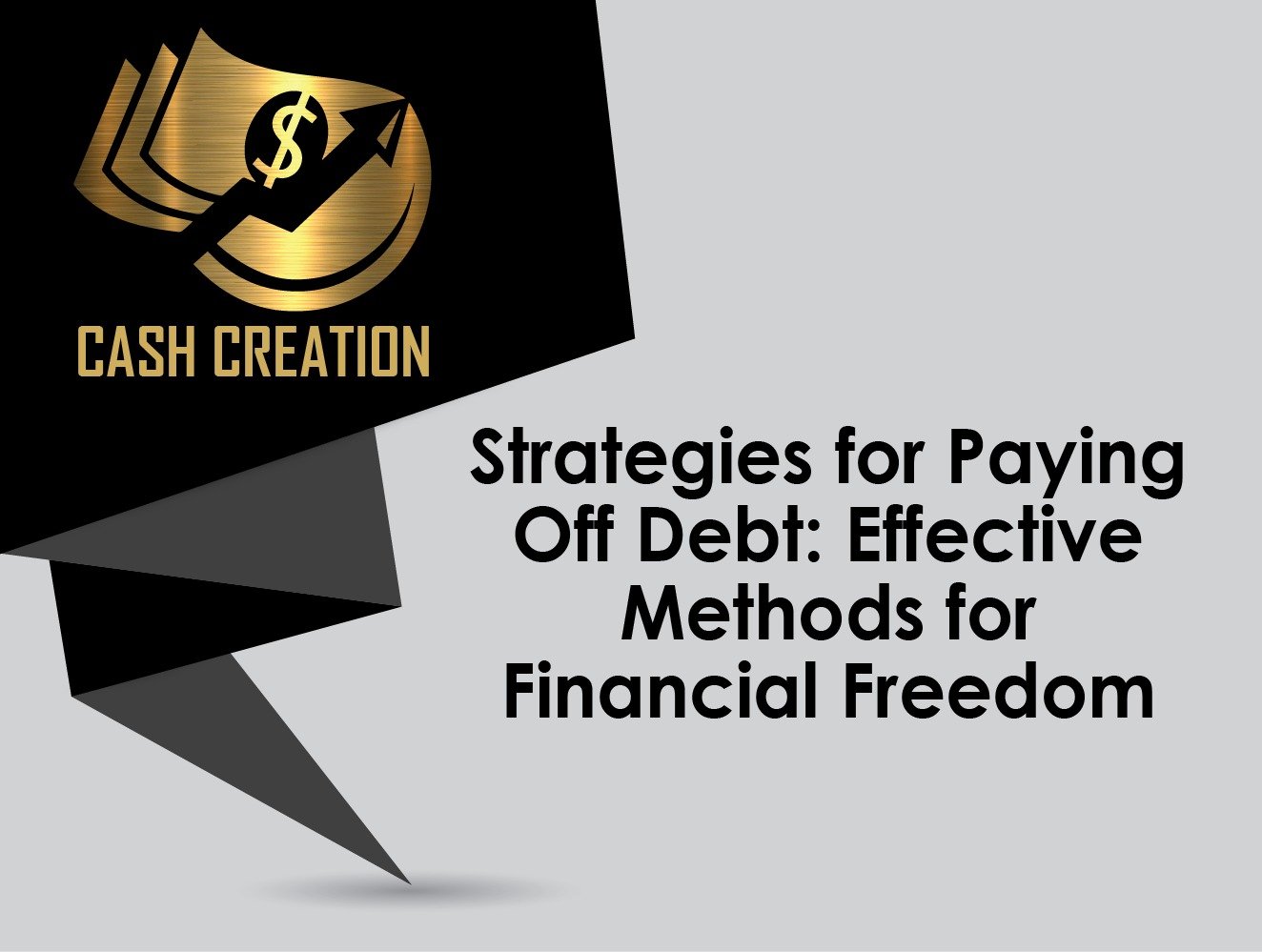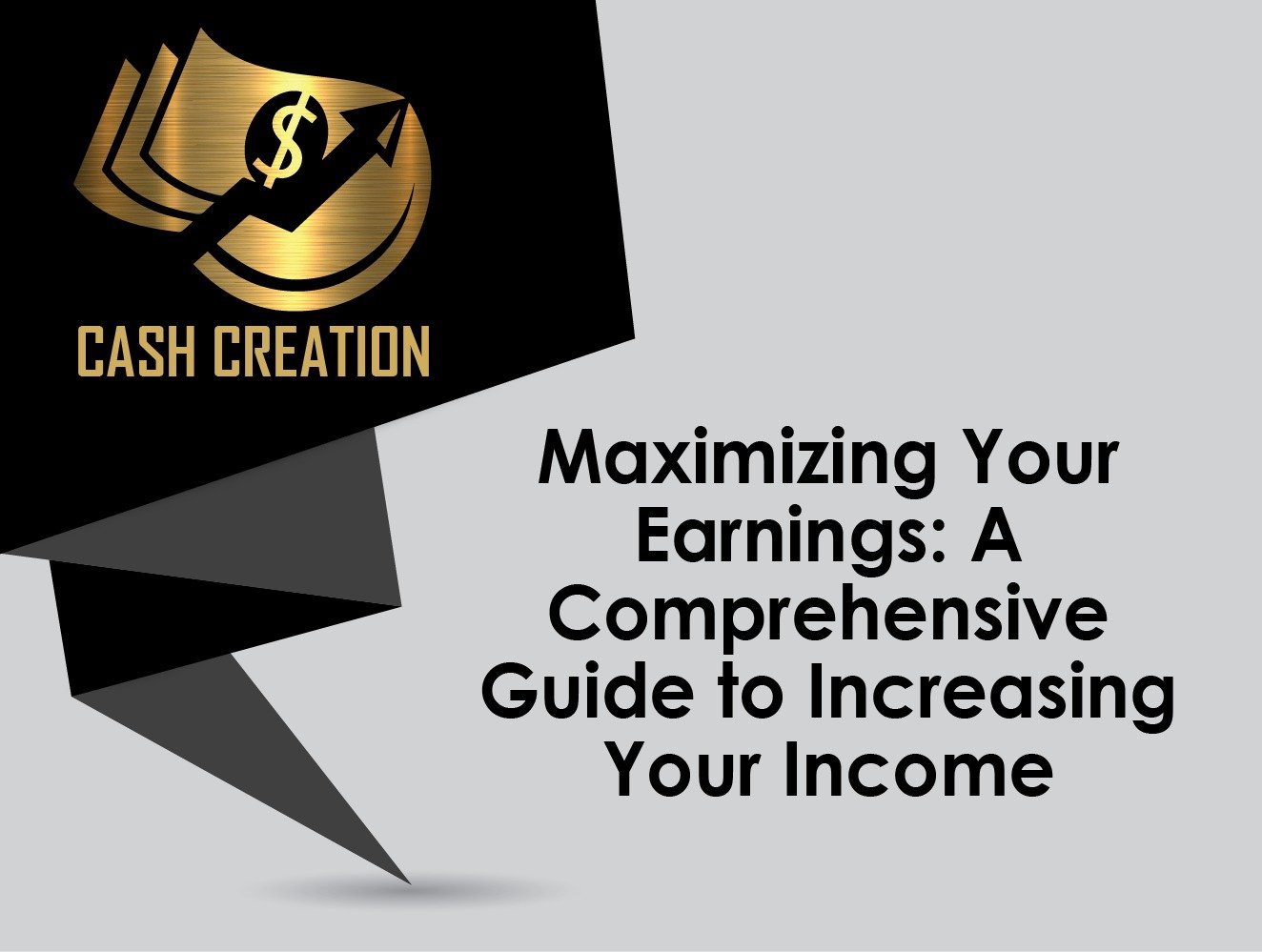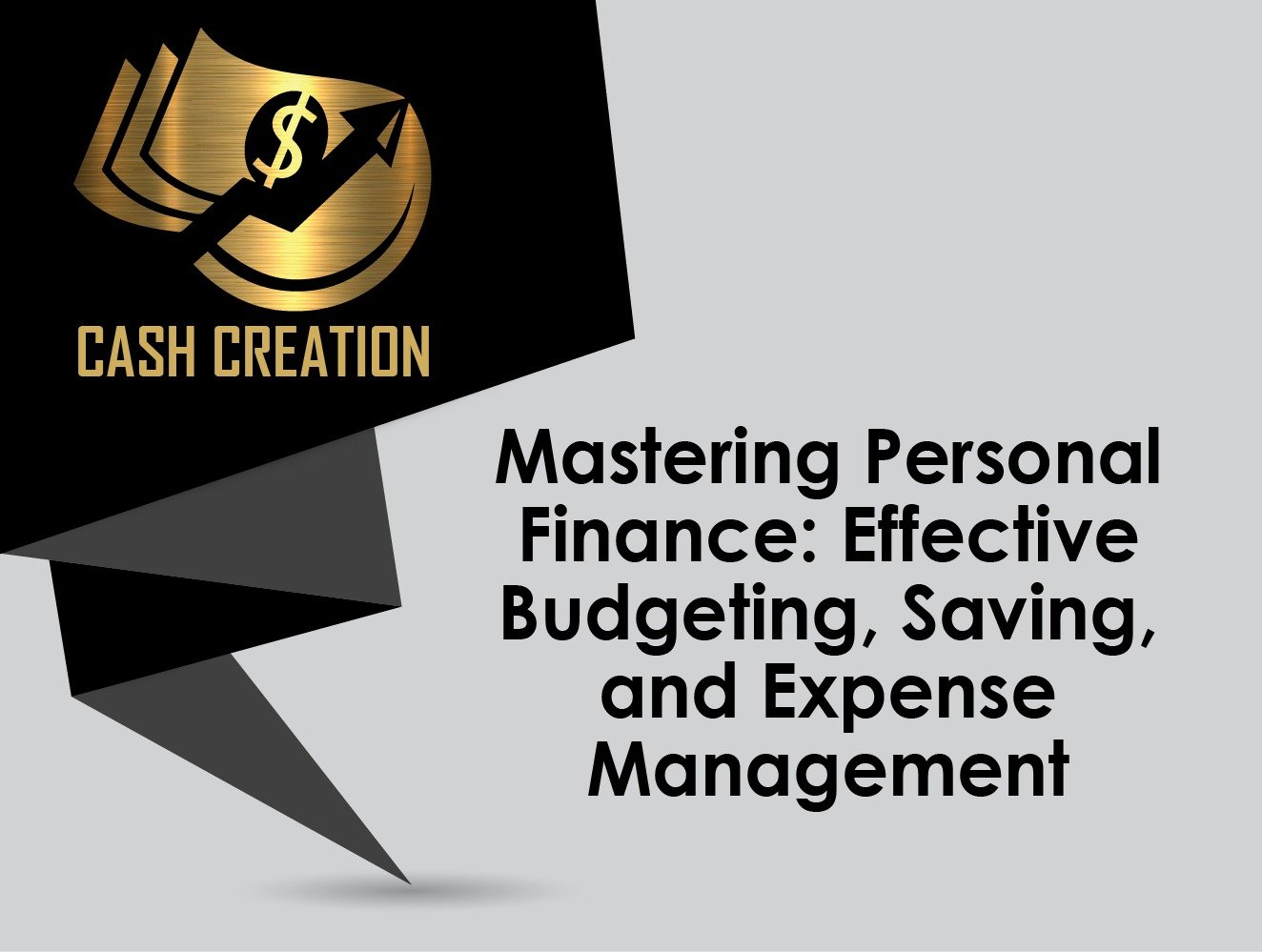Managing and paying off debt can be overwhelming; however, you can expedite your journey to financial independence with the appropriate strategies and tools. This guide delves into the advantages and disadvantages of debt consolidation, practical plans for rapid debt repayment, managing credit card debt, and preventing debt accumulation.
How to Pay Off Your Debts Faster
1. Create a Budget: To develop a comprehensive budget, begin by evaluating your income and expenses. Locate areas where you can reduce costs and allocate additional funds to debt repayment. By maintaining a budget and monitoring your expenditures, you can allocate extra funds to accelerate the repayment of your debts.
2. Prioritize Debts: Prioritize your debt repayments by employing one of the following strategies:
- Avalanche Method: Prioritize the debt repayment with the highest interest rate while simultaneously making the minimum payments on other debts. This method results in a long-term reduction in interest costs.
- Snowball Method: The smallest debt should be paid off first, while the minimum payments on more enormous debts should be made. After the tiniest debt has been paid off, proceed to the next smallest debt. As you observe the elimination of debts, this approach can serve as a source of psychological motivation.
3. Increase Your Payments: In most cases, you should pay more than the minimum amount on your bills. By lowering the initial amount and interest rates over time, even small extra payments can make a big difference.
4. Consider a Side Hustle: You can make more money by working part-time or independently. Include any extra money you earn in your loan payments. This can help you pay off your debts faster by speeding up the process of receiving payments.
5. Automate Payments: By setting up regular payments for your debt, you can ensure you never miss a payment due date. You can also stick to your payback plan and avoid late fees by setting up automatic payments.
Effective Strategies for Managing Credit Card Debt
1. Understand Your Interest Rates: Look at your credit card interest rates and pay off the ones with the most significant rates first. Credit card debt with high interest rates can build up quickly, so taking care of it sooner can save you money.
2. Negotiate Lower Interest Rates: You should ask the company that gave you the credit card for a lower interest rate. The lender may be ready to let you make a request if you have a good payment history and credit score. Your payback plan can change significantly if the interest rate decreases, even if it’s only a little.
3. Balance Transfers: If you have credit card accounts with high interest rates, move them to a card with a lower interest rate or a balance transfer deal with 0% APR. The interest you pay may go down, which can help you pay off your debt faster. Pay attention to balance transfer fees and pay off the amount before the offer stops.
4. Pay More Than the Minimum: You should always pay more than the minimum card payment as much as possible. If you only pay the minimum, the loan will take longer to pay off, and you will pay more in interest overall. Try to pay off your whole amount every month to avoid paying interest.
5. Avoid New Purchases: Refrain from using your credit cards to buy new things while paying off your old debt. Before adding more, you should work on eliminating your present amount. This helps keep your debt from getting worse.
Should You Consolidate Your Debts
Remove several bills immediately by putting them into one loan or credit account with a lower interest rate. Here are some pros and cons to think about:
Pros of Debt Consolidation:
1. Lower Interest Rates: Consolidating debts can reduce the total amount of interest you pay over time, resulting in a lower overall interest rate.
2. Simplified Payments: Frequently, it is simpler to oversee a single monthly payment than to deal with numerous payments with varying due dates. This simplification can mitigate the risk of missing payments and incurring late fees.
3. Potential for Better Terms: Some consolidation loans provide financial respite by offering better terms, such as extended repayment periods or reduced monthly payments.
Cons of Debt Consolidation:
1. Fees and Costs: For certain types of loans, debt consolidation loans may be accompanied by fees or higher interest rates. The parameters should be meticulously examined to ensure that the advantages exceed the expenses.
2. Short-Term Relief: Consolidation can help temporarily, but it doesn’t fix serious money problems or bad spending habits. Dealing with these problems is necessary to avoid getting into more debt.
3. Potential for Increased Debt: You might have more debt than you had if you keep using credit cards or take on new debt after you consolidate it. To prevent this, you should work on changing how you spend your money.
How to Avoid Getting Into Debt in the First Place
1. Live within Your Means: Make a budget that shows how much money you make and how much you spend. Don’t spend more than you earn; put savings and investments ahead of buying things you don’t need.
2. Build an Emergency Fund: An emergency fund helps you pay for things like medical bills or car fixes coming out of the blue. Aim to save enough money in an easy-to-reach account to cover your living costs for three to six months.
3. Use Credit Responsibly: Only charge what you can pay back every month. Do not use credit to pay for things you don’t need or to buy things you can’t afford.
4. Monitor Your Credit: Check your credit reports often to ensure they are correct and know your credit score. Monitor your credit report to find and fix any problems immediately.
5. Educate yourself: Learn about planning, personal finance, and debt management. Handling your money well can help you make smart choices and stay out of debt.
6. Set Financial Goals: Set short—and long-term spending goals to stay inspired and on track. Goals can help you decide how much to spend and save, which will help you manage your finances.
Conclusion
Your financial condition will improve if you pay off debt quicker, properly manage credit card debt, and consolidate your obligations. Avoiding debt using sensible financial practices and preparation may also result in long-term economic stability. These techniques will help you attain more financial independence and pursue a debt-free future. Recall that money management is a lifetime effort involving dedication, discipline, and constant learning.



